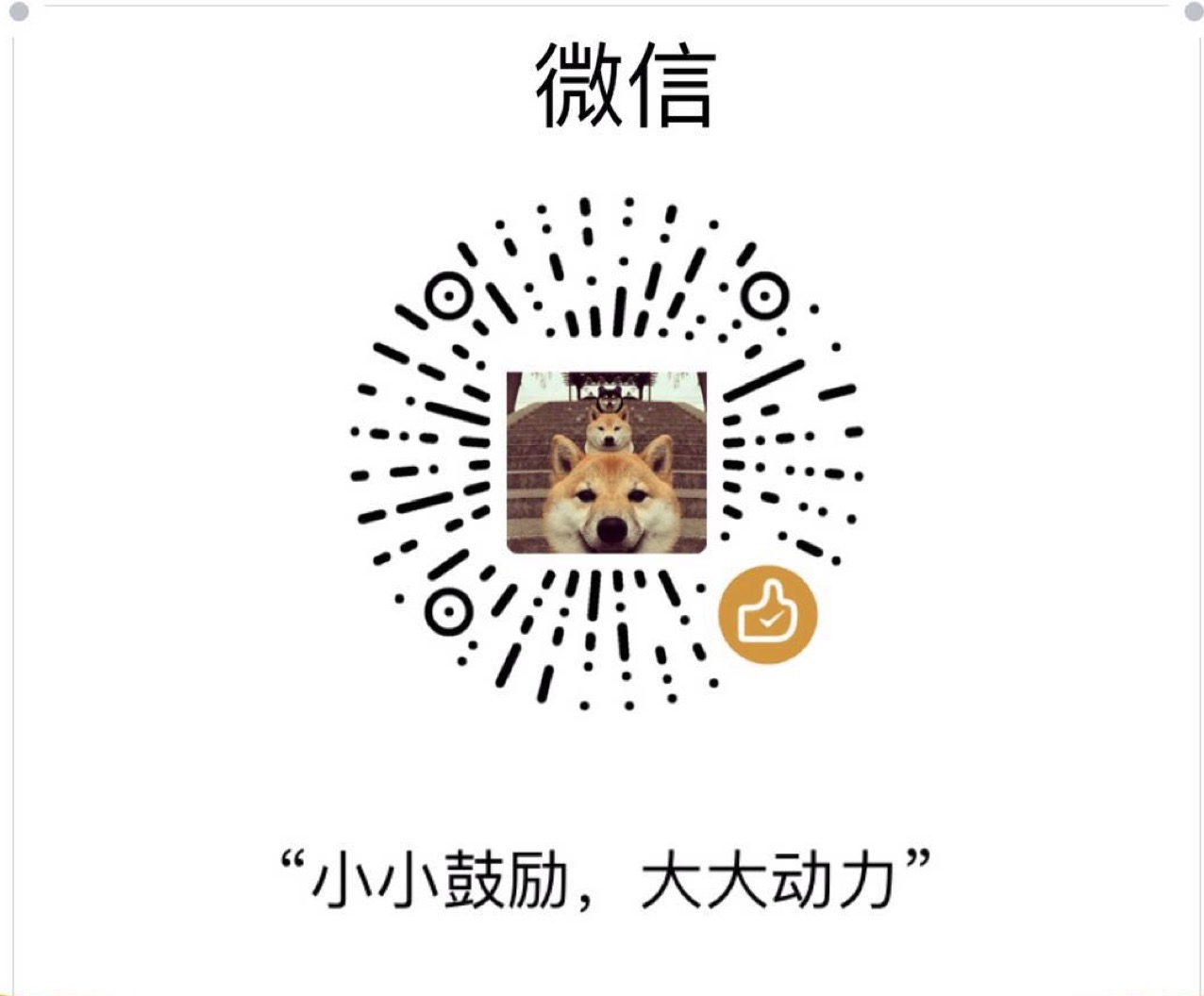python serialization 序列化
import cPickle as pickle
def job():
print 'hehe'
print repr(job)
'''
含有 __slots__ 的类对象将不再支持动态添加新成员,因为内存固定了。一般用于大规模少量属性的对象,可节省内存;
不含__slots__ 的类对象其实是通过一次词典来维护对象内部成员的,因此更耗费内存。
'''
class Family(object):
_resource_name_ = 'father'
__slots__ = ['father', 'var1', 'func'] # 必须与self 的成员变量个数保持一致
def __init__(self, father, func, var1 = 1):
self.father, self.var1, self.func = father, var1, func
def __getstate__(self):
return {'father':self.father, 'var1':self.var1, 'func': self.func}
def __setstate__(self, state):
self.father = state['father']
self.var1 = state['var1']
self.func = state['func']
class Country(object):
__slots__ = ['father', 'var1', 'func']
def __init__(self, father, func, var1 = 1):
self.father, self.var1, self.func = father, var1, func
def __getstate__(self):
return { slot: getattr(self, slot) for slot in Country.__slots__}
def __setstate__(self, state):
for slot in state:
setattr(self, slot, state[slot])
foo = Family('father', job, 1)
foo.var1 = 2
foo_pickled = pickle.dumps(foo.__getstate__())
foo2 = pickle.loads(foo_pickled)
print(repr(foo2))
# print(foo2.var1) # AttributeError: 'dict' object has no attribute 'var1'
family = Family.__new__(Family)
family.__setstate__(foo2)
print(foo2['var1'])
print(repr(family))
print(family.var1)
print repr(family.func)
coo = Country('father', job, 2)
c = pickle.loads(pickle.dumps(coo))
assert c.father == 'father'
assert c.func == job
assert c.var1 == 2
class T():
def __init__(self):
self.val = 1
t = T()
tt = pickle.loads(pickle.dumps(t))
assert tt.val == 1
tt.var2 = 2222
tt.job = job
print tt.var2
tt.job()
family.mother = 'mother'
import cPickle as pickle
class Father(object):
def __init__(self, name):
self.name = name
def __call__(self, *args, **kwargs):
print 'Father was called by %s %s' % (args, kwargs)
class Family(object):
__slots__ = ['father', 'var1']
def __init__(self, father, var1 = 1):
self.father, self.var1 = father, var1
def __getstate__(self):
return self.father, self.var1
def __setstate__(self, state):
self.father, self.var1 = state
father = Father('tian')
foo = Family(father,1)
foo.var1 = 2
foo_pickled = pickle.dumps(foo)
foo2 = pickle.loads(foo_pickled)
print(repr(foo2))
# <__main__.Family object at 0xb77037ec>
print foo2.father
print(foo2.var1)
# 2
dir(Family)
Family.__dict__
for key in Family.__dict__.items():
print key
python json

